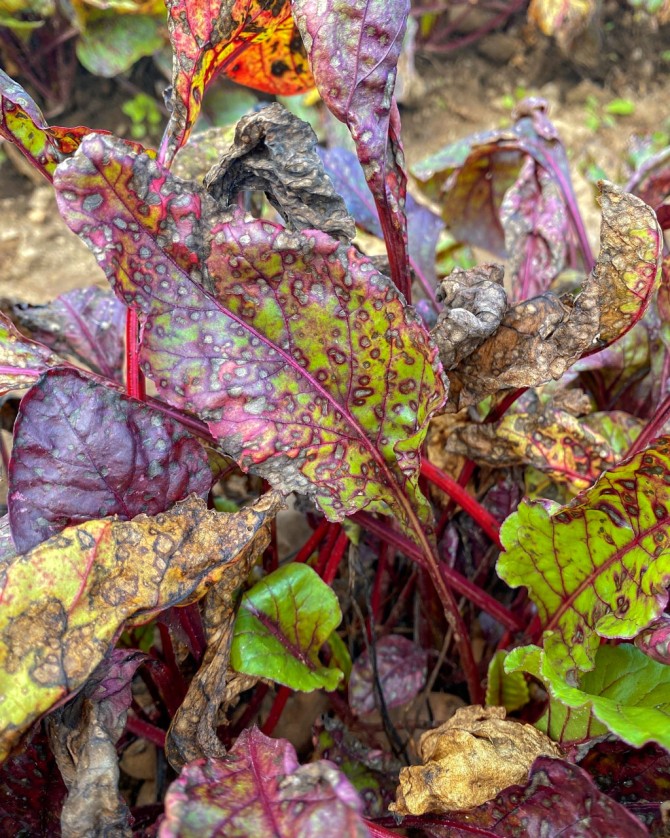Government agencies have joined forces for a one-day Youth Engagement and Programs Conference, as the first quarter of 2024 shows a promising decrease in youth offending.
Representatives from Queensland Police Service, PCYC, Department of Youth Justice, Project Booyah, Department of Education, Department of Aboriginal and Torres Strait Islander Partnerships, Youth Co-Responder Teams and other agencies came together, sharing expertise and collaborating on early intervention and prevention strategies to reduce youth offending.
The forum included discussion on current youth crime trends, program capabilities and prevention of youth crime through community-based partnerships.
Queensland Police Service (QPS) has recorded a 10.7 per cent drop in overall offences committed by young people in the first quarter of 2024, when compared to same reporting period last year, as police continue to tackle youth offending through various initiatives across the state.
Reported offences committed against property by youth offenders were down 7.8 per cent, from 11,163 between January and March 2023 to 10,294 between January and March 2024.
This includes offences such as unlawful use of a vehicle, stealing and break and enters.
Reported offences committed against the person by youth offenders were down by 14.2 per cent in the same reporting period, from 2,107 last year to 1,807 this year.
This includes offences such as robbery and assaults.
It comes as QPS releases the annual crime statistics for financial year 2022 to 2023, which demonstrated only one in 10 (10.4 per cent) unique offenders were aged between 10 to 17 years.
From the efforts of Taskforce Guardian in assisting local police to track down recidivist offenders, to high-visibility police patrols under Operation Whisky Unison that aim to deter, disrupt, and prevent offending, frontline and specialist police continue to work hard to address youth offending.
Joint efforts in the early intervention and prevention space are also beginning to make an impact, helping re-engage young people with education, training, employment, and community.
Youth program Project Booyah helps at-risk young people address underlying issues contributing to their offending behaviour and operates in 11 locations across Queensland.
During 2023, 199 participants took part in Project Booyah across the state, with 84 per cent successfully graduating the course.
Across both semesters last year, 73 per cent of participants re-entered the education system, 42 per cent engaged in further education or training, and 35 per cent obtained employment through taking part in the program.
Acting Assistant Commissioner Andrew Massingham said the results were a promising step forward in addressing youth offending and keeping Queenslanders safe.
“Programs like Project Booyah, our Youth Co-Responder Teams and youth engagement programs with our partner agencies make small steps forward in the lives of young people every day.
“It is encouraging to see those efforts, and efforts 24/7 by our frontline police, are beginning to have an impact.
“We know this is just the start and are committed to continuing to tackle youth crime from every angle alongside our partner agencies.”
Acting Superintendent Rob Fleischer said combined efforts in early intervention and prevention were making an impact across the state.
“Hearing of all the incredible work done across all agencies at today’s conference shows the dedication by all to intervene in the lives of at-risk young people and help get them back on track.
“We know this is just the beginning of what will be a long road ahead of persistent efforts to reduce youth crime and keep our communities safe.
“From education, health, cultural programs, sports and much more – programs and services that address the social issues that contribute to young people offending, have the power to redirect their behaviour, and stop them from heading further down the wrong path.
“I commend every agency and service playing their part in early intervention strategies, as helping these young people means a safer community for all.”









